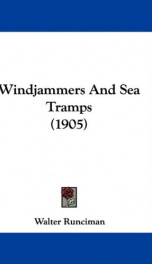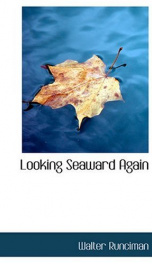The Shellback's Progress

When the snow cloud rushed past in the hurricane, the crew were both surprised and cheered to observe a barque a little on the starboard bow, heading north under two close-reefed topsails. She was low in the water, and making heavy weather of it. The crew were seen in the mizen rigging, frantically waving. A tattered flag was flying beside them, but its nationality could not be discerned. It was impossible to render the assistance that was so eagerly sought for, but even if it had been possible it was too late, for a sea was seen to break right over her stern . . . and in a few minutes there was another added to the long list of North Atlantic tragedies. Complete with foul weather, shipwrecks and piracy, life on the seas at the end of the nineteenth century is the subject of these keenly observed tales, written by an experienced British sailor. "I have tried to portray the men as they were -- brave, dauntless, rugged, uncouth, illiterate, simple-minded, kind-hearted, and, at times, unmercifully savage," writes author James Runciman. "And yet there shined through all these conflictingly peculiar eccentricities a humorous kind of religion which belonged exclusively to themselves -- but which gave their characteristics a touch of sublimity." --This text refers to an alternate Paperback edition.
Info about the book
Author:
Series:
Unknown
ASIN:
B0082P8ENA
Rating:
4.5/5 (3)Your rating:
0/5
Languge:
English
Users who have this book
Users who want this book
What readers are saying
What do you think? Write your own comment on this book!
write a commentif you like The Shellback's Progress try:
Other books by this author
Do you want to read a book that interests you? It’s EASY!
Create an account and send a request for reading to other users on the Webpage of the book!





